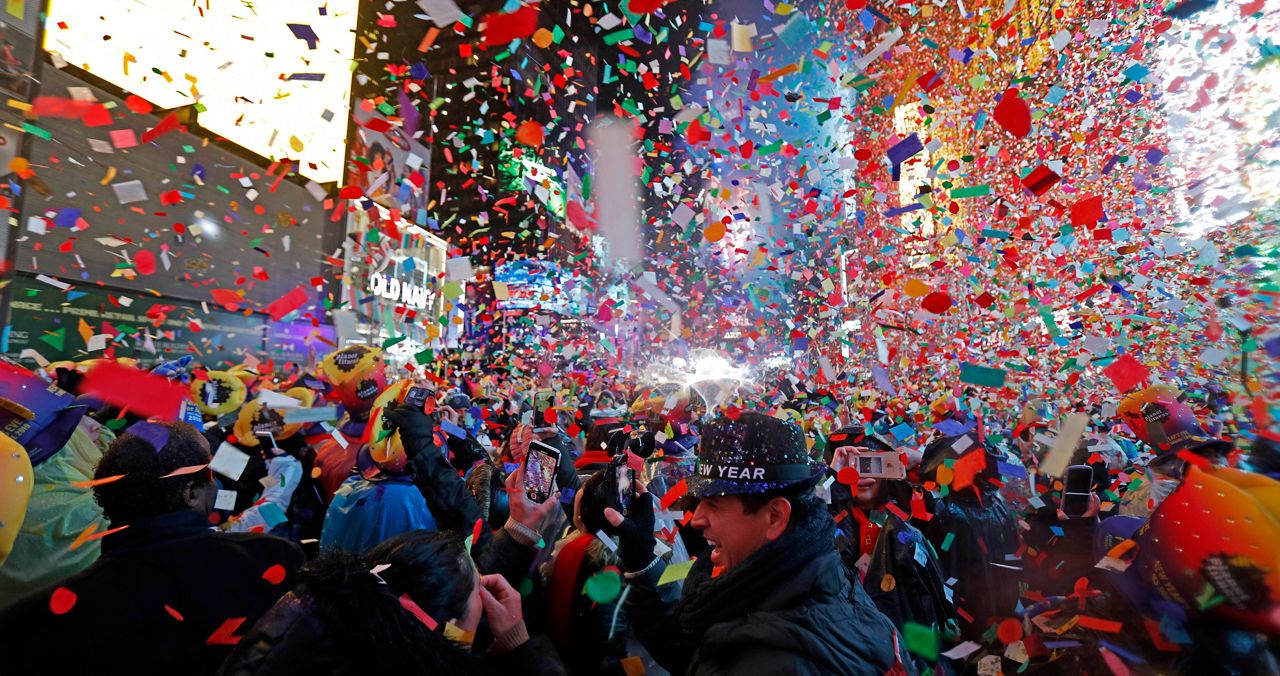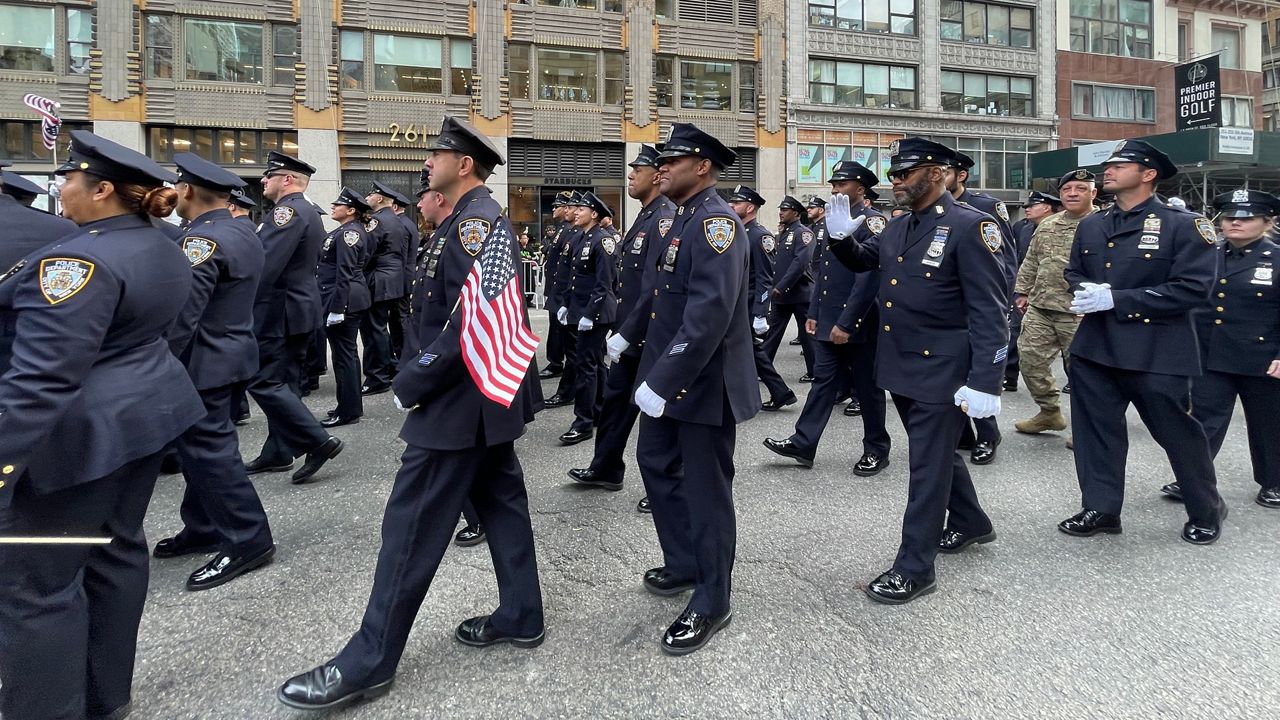NEW YORK — Denise Matthew says her desk looks exactly the same as she left it back on March 18, 2020.
“I didn’t really say goodbye. I didn’t clean out my drawer, because I thought it was going to be for a few weeks. And then a few weeks turned into a few days, few months, and then a year and then coworkers started dying,” an emotional Matthew said outside City Hall.
She never imagined that after more than 20 years of greeting hotels guests in Midtown, the job she loves would be put on hold with a future unknown.
“I literally was there the last day when they closed the door,” Matthew said.
What You Need To Know
- This month, new legislation Mayor de Blasio signed would require hotels to pay workers severance if they do not reopen by Nov. 1
- Under the new law, a hotel with over 100 rooms that laid off over 75% of its employees or closed during the pandemic would be required to pay a weekly severance of $500 for up to 30 weeks if it does not reopen
- For the past two years, Denise Matthew says she was been laid off from her hotel job, lost health insurance and is now selling beauty products to supplement her income
Like many hotel workers across the city, she’s been laid off for almost two years. But this month, new legislation Mayor Bill de Blasio signed could be the relief many hotel workers have been waiting for. A hotel with over 100 rooms that laid off over 75% of its employees, or closed during the COVID-19 pandemic, would be required to pay a weekly severance of $500 for up to 30 weeks if it does not reopen by Nov. 1.
Richard Maroko, the president of the Hotel Trades Council, says this is happening at a time when workers really need it.
“What I’ve been hearing from my members is that they were desperate for work,” Maroko said. “My hope is that this is going to provide incentives to hotels to reopen and recall employees so they can go back to work.”
To help supplement her income, Denise now sells Avon products from her Bronx home.
“After unemployment ended, I needed to find something that I could start making income,” Matthew said while showing products. “So it was either Uber Eats, DoorDash.”
She said during that time she also lost her health insurance and found it difficult to motivate herself.
“Depression, anxiety. Like, some days I get up and I’m good; some days I get up and I’m on the couch until my sister comes home from work,” Matthew said.
“Once I heard about this bill, I had some kind of excitement that something was going to happen and it did: I got called back yesterday to go back to work,” she added.
The Hotel Association of New York City points out that the hotel industry has suffered, too. The organization filed a suit to strike down the bill. A statement provided by the president and CEO, Vijay Dandapani, said, “The hotel industry has been among the hardest-hit by COVID 19, shuttering hundreds of hotels with many on the verge of bankruptcy. We’re disappointed that the City chose to risk future tourism and our local economy by passing this legislation which forces hotels to pay money they do not have. Ultimately this bill may force owners to close and leave New York altogether.”
For Matthew, she’s happy to go back to work and see coworkers she called family for all these year.
But it is bittersweet.
“I’m sad for the ones who are still not there yet and are still waiting and hoping,” Matthew said.
------
Did you know you can now watch, read and stay informed with NY1 wherever and whenever you want? Get the new Spectrum News app here.









